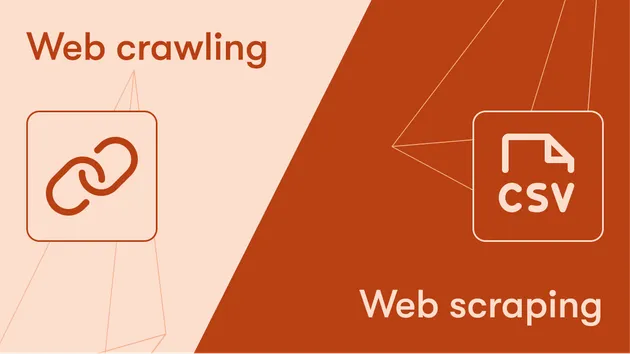Web Scraper
Pricing
Pay per usage
Web Scraper
Crawls arbitrary websites using a web browser and extracts structured data from web pages using a provided JavaScript function. The Actor supports both recursive crawling and lists of URLs, and automatically manages concurrency for maximum performance.
Pricing
Pay per usage
Rating
4.7
(67)
Developer

Apify
Actor stats
1.3K
Bookmarked
105K
Total users
3.2K
Monthly active users
36 days
Issues response
2 days ago
Last modified
Categories
Share


